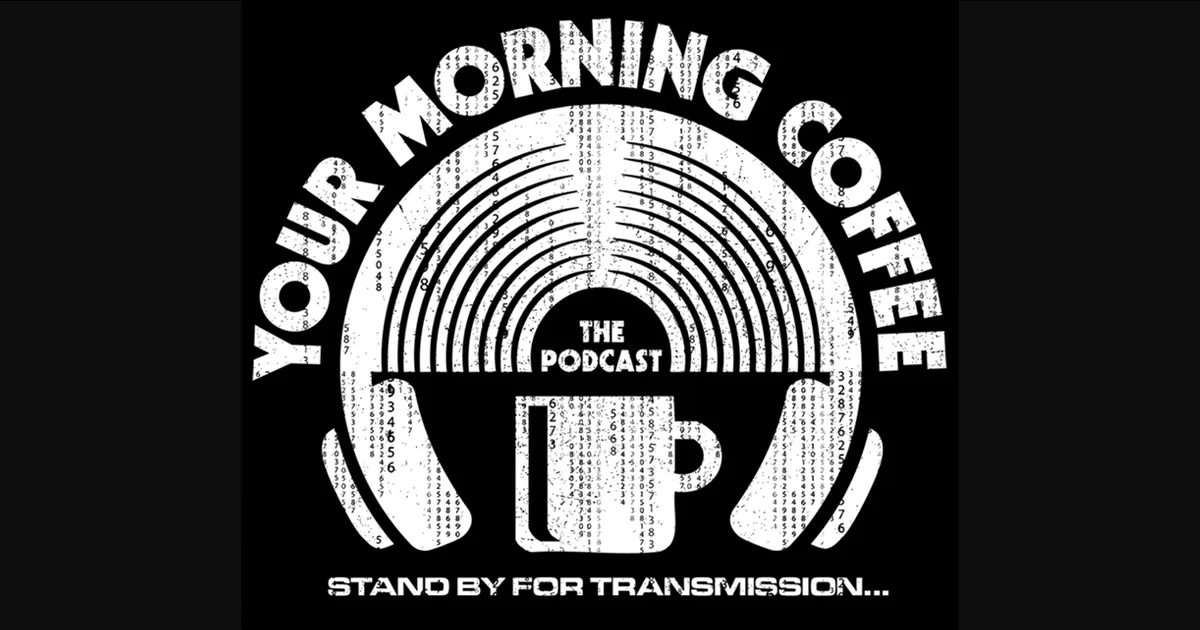The Canadian province of Québec is fighting Spotify to ensure that local French-language music is not overlooked. Bill 109 could change how streaming services support local artists everywhere.
Québec is fighting Spotify to protect Local Music and Culture
Op-Ed by CHRIS CASTLE from Music Tech Policy
When Québec’s Minister of Culture and Communications, Mathieu Lacombe, introduced Bill 109 this week, he didn’t mince words. The province’s cultural sovereignty, he argued, is not some abstract value — it’s a living, breathing system of artistic expression that deserves to be seen, heard, and supported. The target? Streaming platforms like Spotify, whose default design and business model systemically disadvantage local-language content.
Let’s be clear: Québec isn’t legislating to fix something that’s working. It’s legislating because the current system sucks en s’t.
Face it–Spotify — like most global platforms, promotes Anglo-American music. It’s built into the algorithms, the curation models, and the business incentives that reward scale and homogenization over diversity. And that scale overwhelmingly favors English-language, American-dominated, pop-leaning repertoire. For French-language artists in Québec, that means algorithmic invisibility, no matter how good the music is. And just full disclosure–I know of what I speak because I played with many Québécois stars from Diane Dufresne, to Claude Dubois to Renée Martel to Nanette Workman. They got real airplay, sold out real stadiums and sold real records without streaming and maybe because it was without streaming. And yes, I am really, really biased about this. Doesn’t mean I’m wrong, câlice.

A TALE OF TWO CHARTS: LOCAL VS. GLOBAL
One only needs to compare two kinds of charts to see the problem:
– A local-language chart, curated by a broadcaster, critic, or local music service, might reflect what resonates in a community — local pop, indie francophone hip-hop, traditional Québécois folk.
– A streaming-based chart, like Spotify’s “Top 50 – Canada,” reflects what gets the most streams — which is almost always dominated by English-language, globalized repertoire.
That disparity isn’t accidental. It’s structural. Spotify’s playlists, homepage recommendations, and global push mechanisms are not neutral — they serve what they are programmed to serve: profit, efficiency, and mass appeal, not linguistic or cultural equity.
“BUT WE HAVE DRAKE AND BIEBER!”
Spotify often responds to regulation in Canada with a talking point that’s as convenient as it is irrelevant: “We support Canadian music — look at our top performers: Drake and Justin Bieber.” But Québec’s concern isn’t whether two Canadian-born superstars dominate global playlists. It’s about whether French-language music made in Québec is even visible to listeners at home.
Imagine a Québec teenager opening Spotify. Are they encouraged to discover the next Diane Dufresne, Nanette, Les Cowboys Fringants, Cœur de pirate, or Sarahmée? Or are they being fed yet another Ed Sheeran single on autoplay? The answer is why Bill 109 matters.
https://youtube.com/watch?v=T-3NLfCTLTc%3Ffeature%3Doembed
QUÉBEC HAS HAD A THRIVING LOCAL MUSIC INDUSTRY FOR DECADES— IF IT’S ALLOWED TO KEEP THRIVING
Québec isn’t starting from zero. The province has a rich ecosystem of French-language music, supported by local labels, festivals, broadcasters, and government programs. This isn’t about protecting a fragile or niche genre. It’s about giving a fair digital presence to a robust, popular, and historically self-sustaining music culture that now finds itself shoved to the back pages of an Anglo-centric algorithm.
Bill 109 proposes discoverability mandates, quotas for French-language content, and even interface language requirements. To Silicon Valley, this sounds like bureaucratic meddling. But to Québec, it’s cultural self-defense.
CULTURE IS NOT A SUBSET OF COMMERCE
Spotify is not a passive distributor of culture — it is a gatekeeper. And when gatekeepers are allowed to operate globally without regard to local culture, language, or law, what’s left behind is a digital monoculture.
That’s what Québec is trying to avoid. And that’s why the legislation deserves not just support from artists and policymakers in Québec, but from cultural advocates everywhere.
A country — or a province — that can’t hear itself in its own media has already lost something vital. Québec is fighting to make sure it doesn’t. Bravo Monsieur le Ministre tabarnak de câlice d’ostie de crisse en s’t, c’tait ben le temps!





